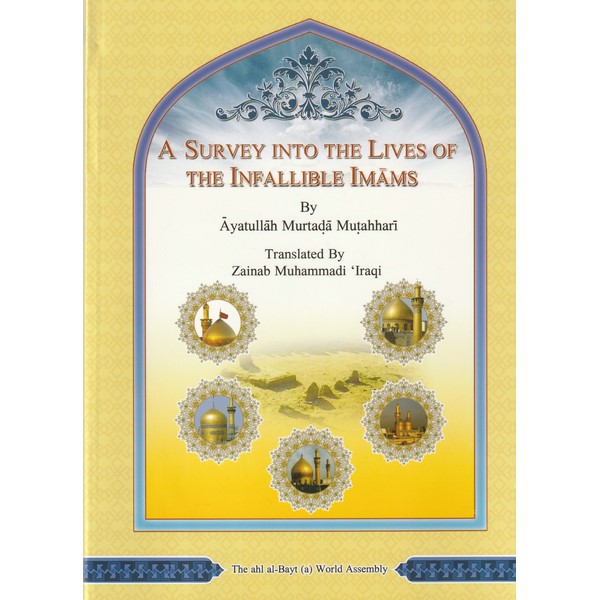| Content | Principles of good governance in the letter of Ali to al-Ashtar refers to a set of instructions and advice for rulers, reputedly addressed at Malik al-Ashtar (d. 657), the Arab military commander and an ardent supporter of Ali ibn Abi Talib (d. 661), who was the fourth Rashidun caliph (r. 656–661), the first Shia imam, and the cousin and son-in-law of the Islamic prophet Muhammad. The letter is attributed to Ali and outlines his conception of just and righteous governance, following the appointment of al-Ashtar as the new governor of Egypt circa 657 CE. Among the earliest extant records about Islamic rule, the letter has received considerable attention throughout the Muslim history as a blueprint for Islamic governance. The theme of the letter can be summarized as justice and compassion for all, regardless of class, creed, and color. Malik was killed en route to Egypt to assume his new post at the instigation of Mu'awiya, the archenemy of Ali.
HEAVILY SUBSIDIZED BY WWW.ISLAMICTHOUGHT.CO.UK | This book, which is written by a well known scholar, a graduate of the Sorbonne, who switched from one Muslim school of thought to another, attempts to prove that the Muslims who truly follow the authentic Sunnah of the Prophet of Islam are actually none other than those referred to as the Shi as. It details how these Shi as (or Shi ites) learn this Sunnah from the closest people to the Prophet of Islam: his immediate family members. It traces the history of the Muslims of the first Islamic century and how they split into two camps, thus setting the foundations for both of these major sects. It also deals with the persecution to which the immediate family members of the Prophet of Islam were subjected and the politicians who played a major role in widening the gap between the followers of this sect and those of that. As for its style, the author restricts himself to quoting major authentic Sunni works to prove his point, relying on an in-depth study of the Islamic history in general and of that of the first century in particular. Many controversial themes are discussed in this book, including that of the infallibility of the Prophet of Islam and of the Twelve Imams who descended from Ali and Fatima, cousin and daughter of the Prophet respectively. Finally, the book concludes with an Appendix containing an Arabic poem in one thousand lines in praise of Commander of the Faithful Ali composed by an Iraqi poet for the Arabic speaking readers.
Heavily subsidized by www.wabil.com | This text provides a good analysis of the lives of the Infallible Imams while presenting the different methods, struggles, and circumstances of each Imam and how they may have acted similarly or differently. However they have all acted as Allah (SWT) desired of them spreading Islam in the social circumstances they lived, as well as the practice of Taqiyyah where necessary.
HEAVILY SUBSIDIZED BY WWW.ISLAMICTHOUGHT.CO.UK | This text contains fifty chapters, each containing an important lesson on the fundamental beliefs of our faith that are especially relevant for the youth of today. Ayatullah Makarim Shirazi presents these lessons using both philosophical reasoning as well as Qur'anic verses, and concludes each lesson with a few relevant questions which are intended to increase understanding of that particular lesson.
HEAVILY SUBSIDIZED BY WWW.ISLAMICTHOUGHT.CO.UK | By Abdul Adheem al-Muhtadi al-Bahrani Shipping Costs are £2.99 Per Book | This text explains in detail the meaning of Worship and Intention, as well as how different stages of worship are acquired. He then goes on to explain the different actions of Prayer in detail, such as the first Takbir, & the recitation of the Suras
Heavily subsidized by www.islamicthought.co.uk |












Reviews
There are no reviews yet.